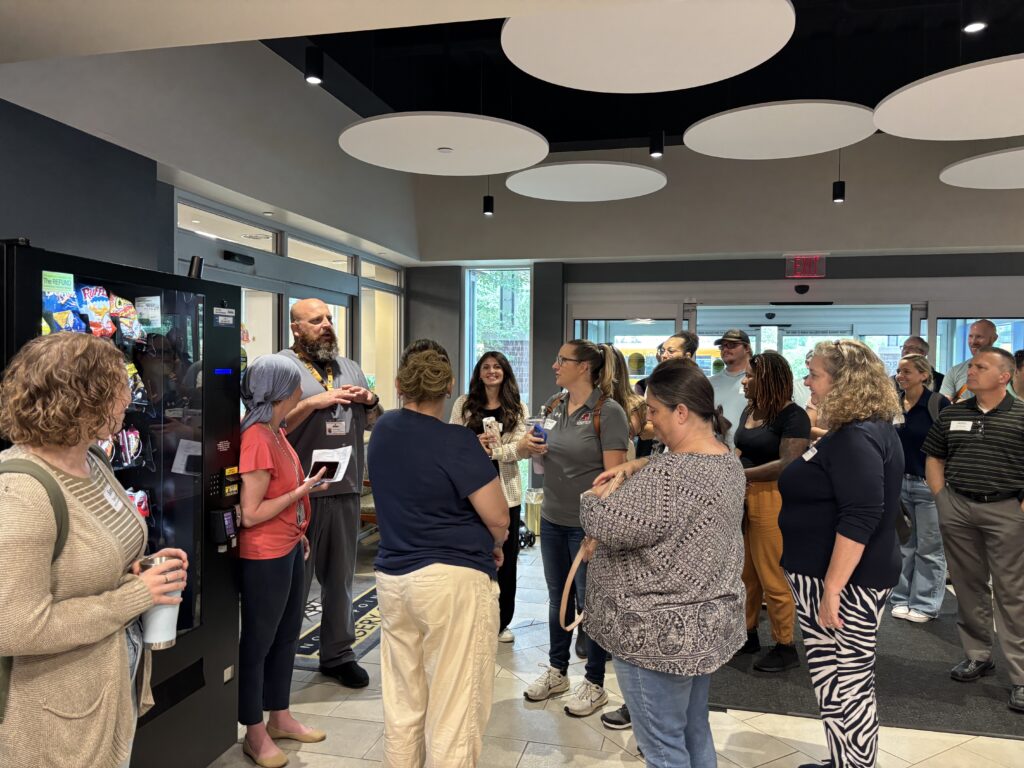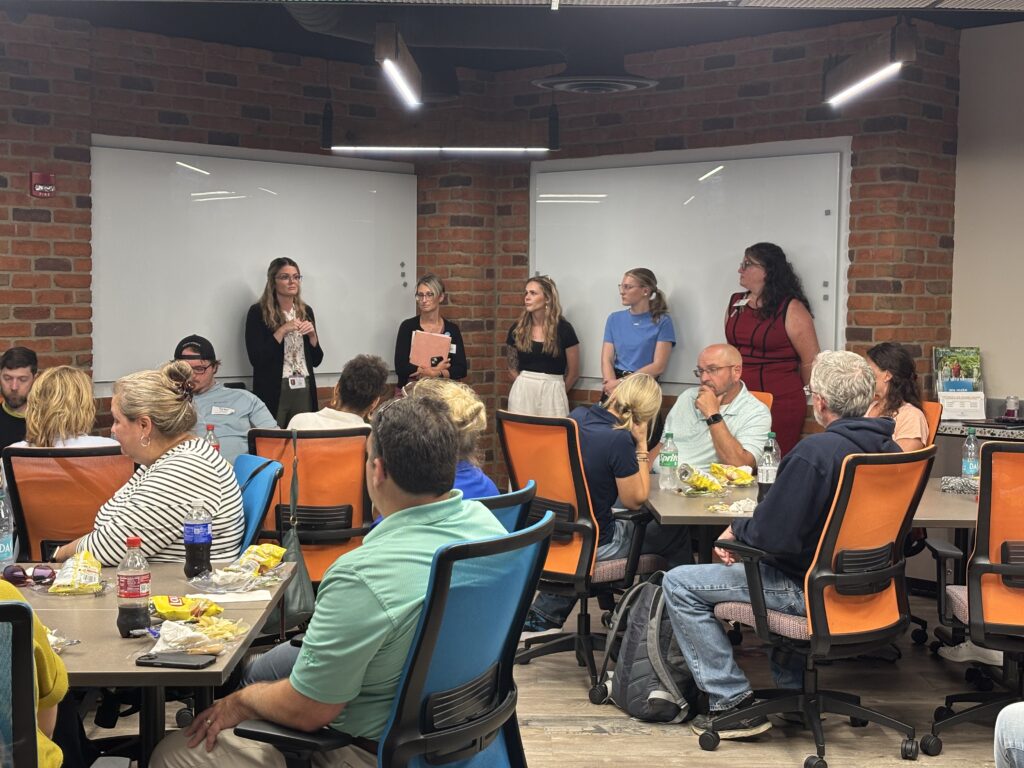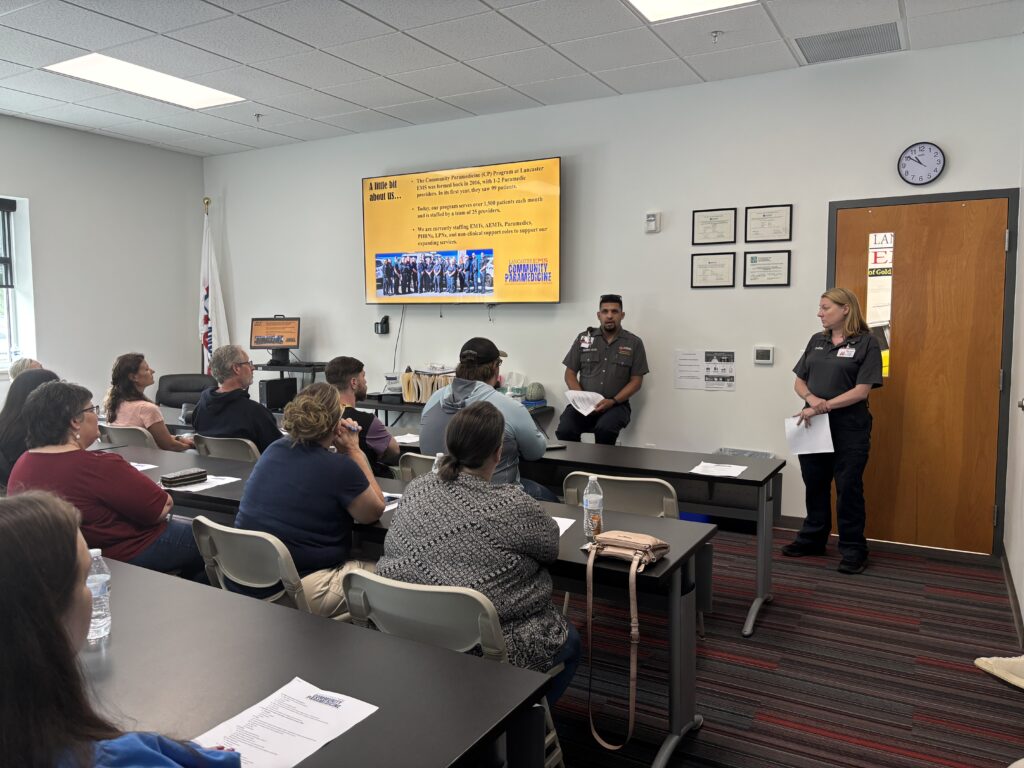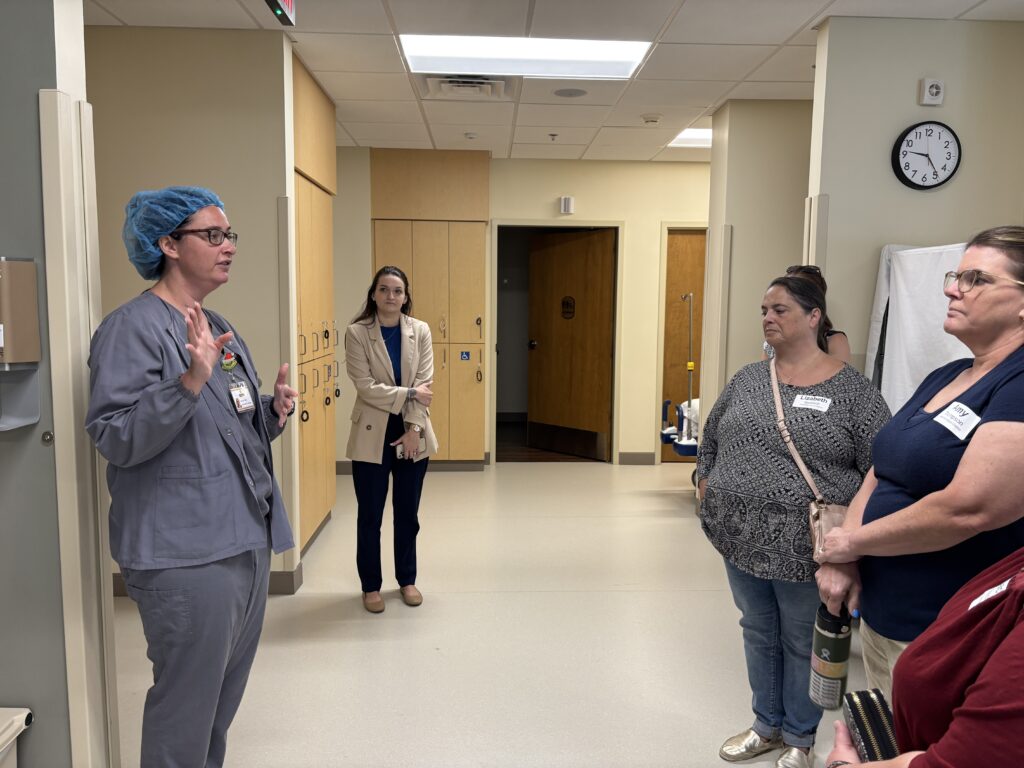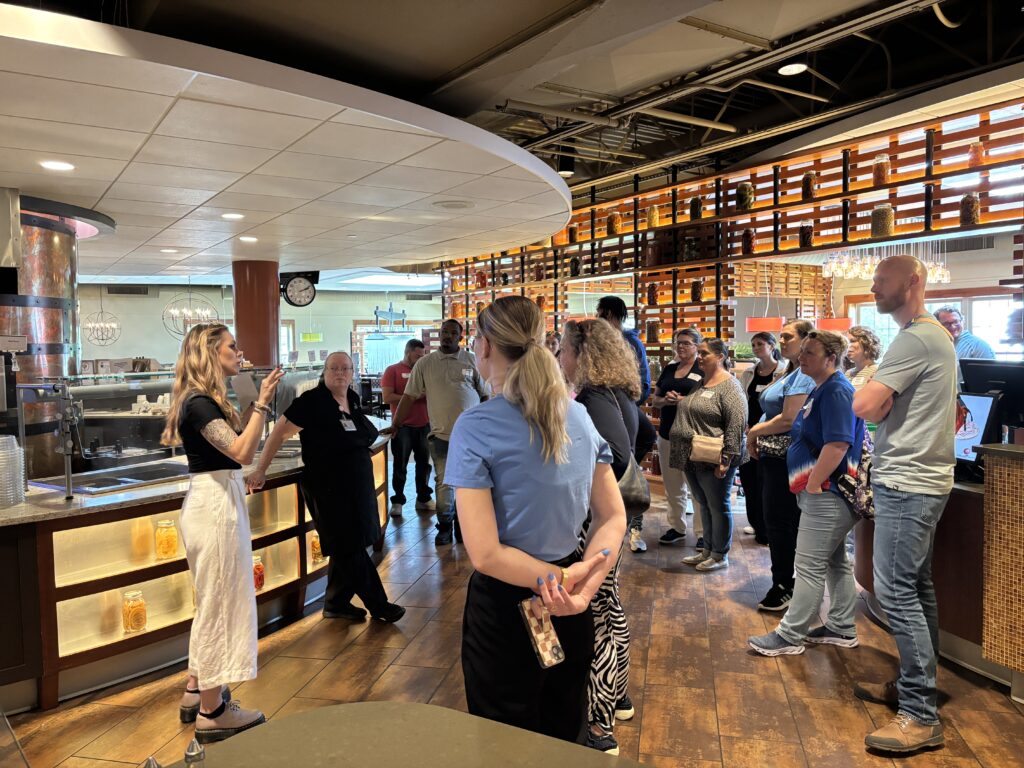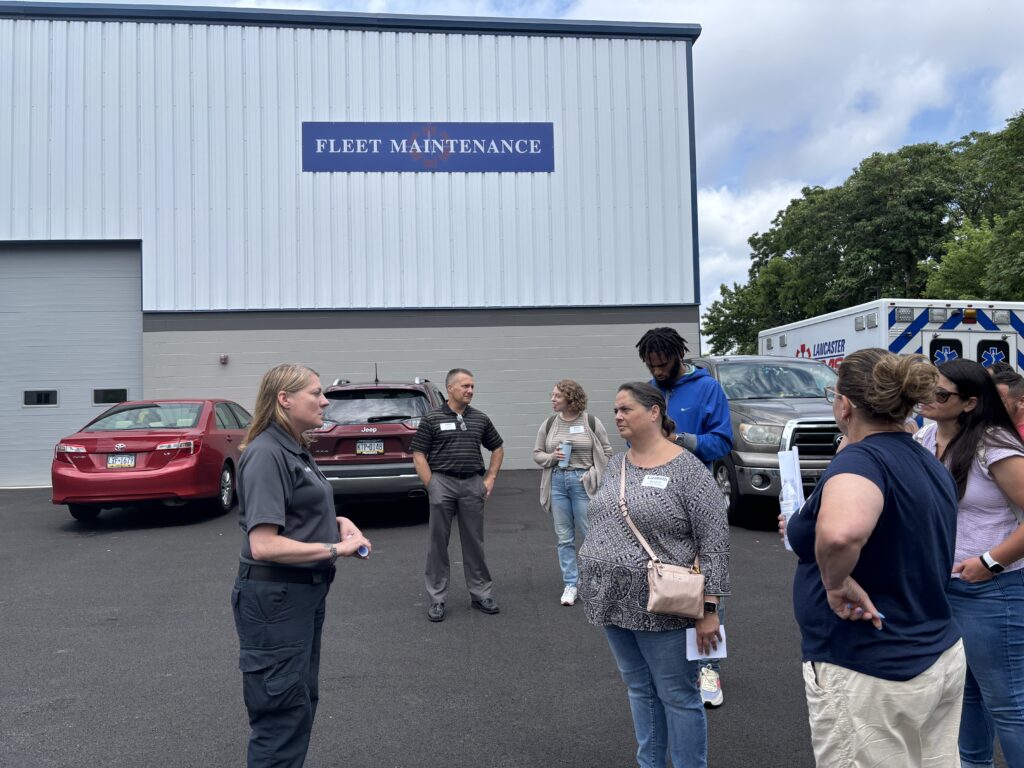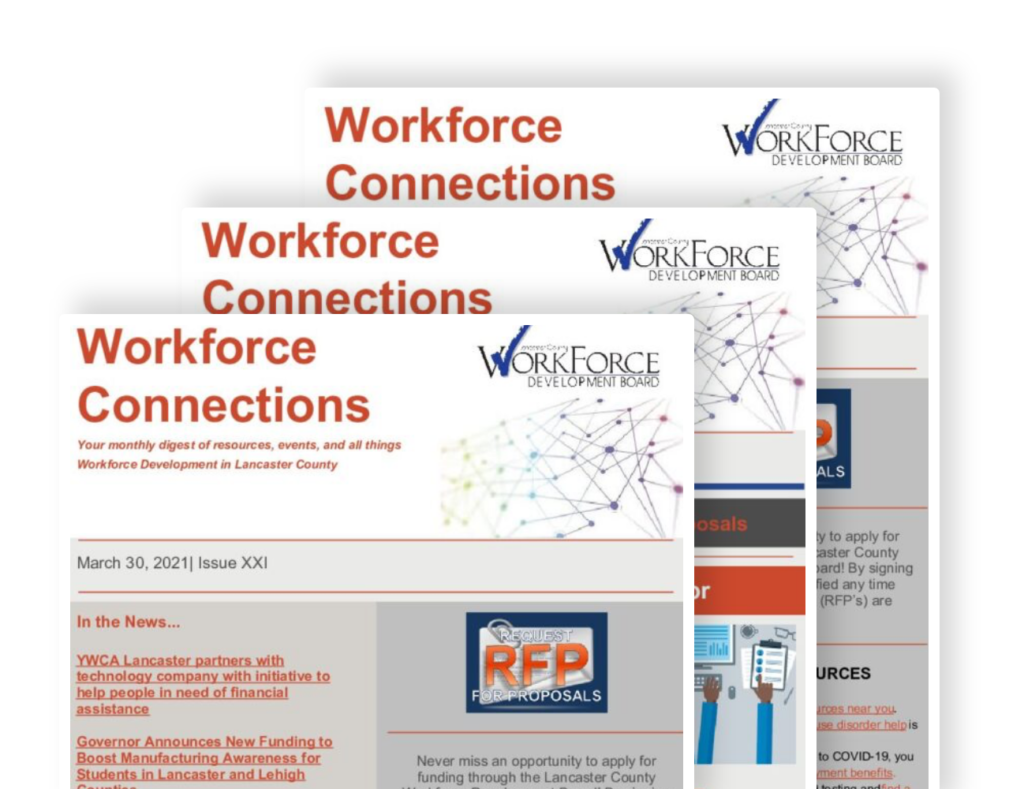In a continuously evolving job market, it is vital to empower today’s educators to effectively prepare tomorrow’s workforce. Inspired by that idea, the Lancaster County Workforce Development Board (LCWDB) created the Educators Industry Tours—a three-day immersive experience designed to connect education and industry. The program, facilitated by Lancaster-Lebanon IU13, provides local educators with firsthand insight into high-demand careers and workforce needs across the county. On June 16th-18th, this initiative brought teachers directly into local industries – Hospitality, Manufacturing, and Healthcare – to deepen their understanding of workforce needs to allow them to better equip their students for future careers. Each day of these tours made it abundantly clear that workforce development doesn’t start after graduation, but begins in the classroom, with educators who understand the opportunities available to students and how to guide them toward meaningful and sustainable work.
Day 1: Hospitality, Retail & Tourism
Day 1 took educators into the world of hospitality, retail, and tourism, an industry that tends to be overlooked in traditional career discussions, but is full of opportunities. Kitchen Kettle Village, Thomas E. Strauss, Inc., and the North Museum of Nature & Science opened their doors and shared their stories with educators.
What stood out wasn’t just the behind-the-scenes operations, but the people powering them. Laura Robbins of Kitchen Kettle Village summed it up perfectly: “In hospitality, if you can’t have fun at work, you can’t be happy serving people.” From career flexibility to leadership development, educators saw how culture and values drive retention and growth in service-driven industries.
These insights gave teachers narratives to bring back to their students, stories that redefine success beyond a linear path, and highlight the importance of personal growth, resilience, and joy in the workplace.
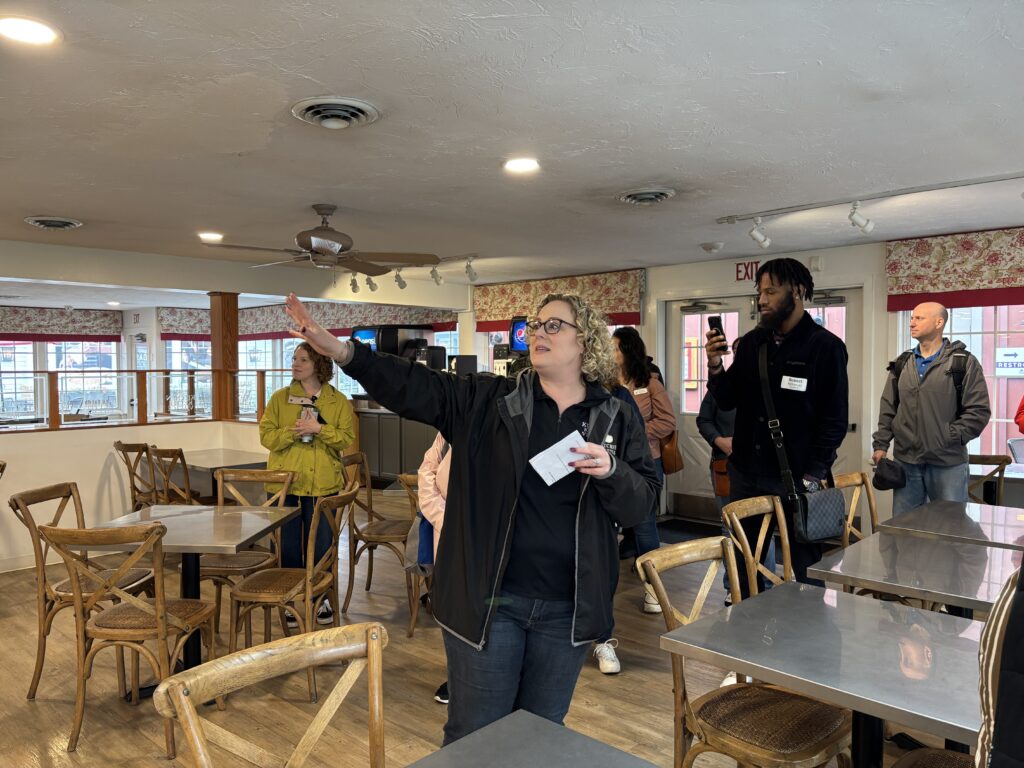
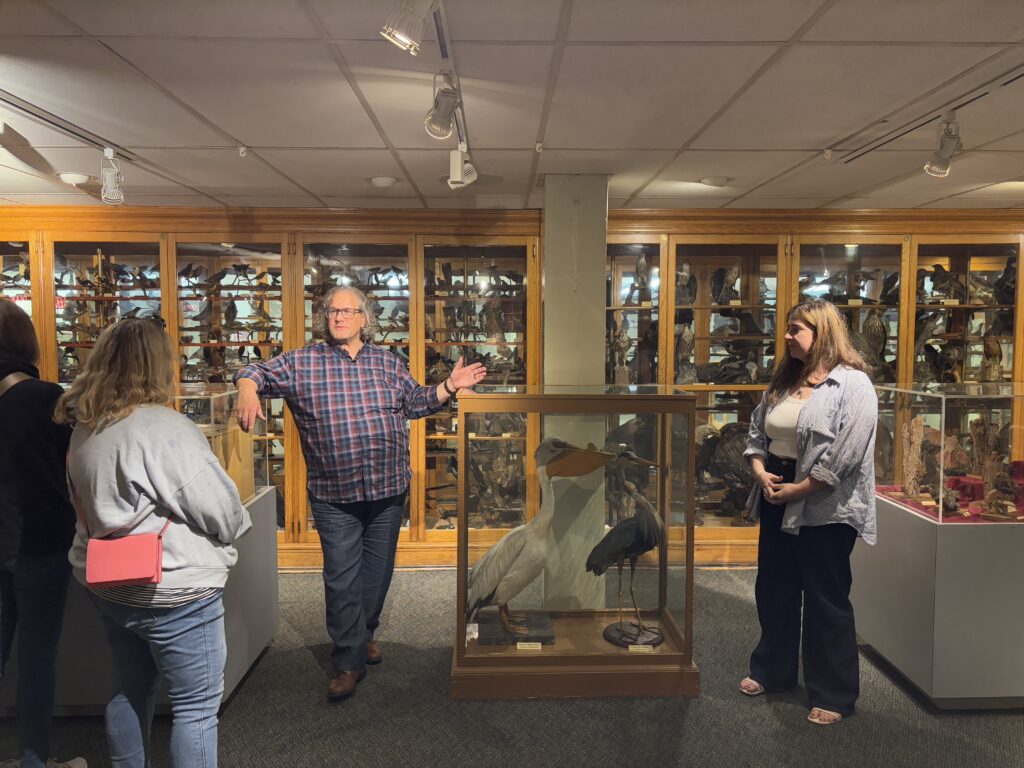
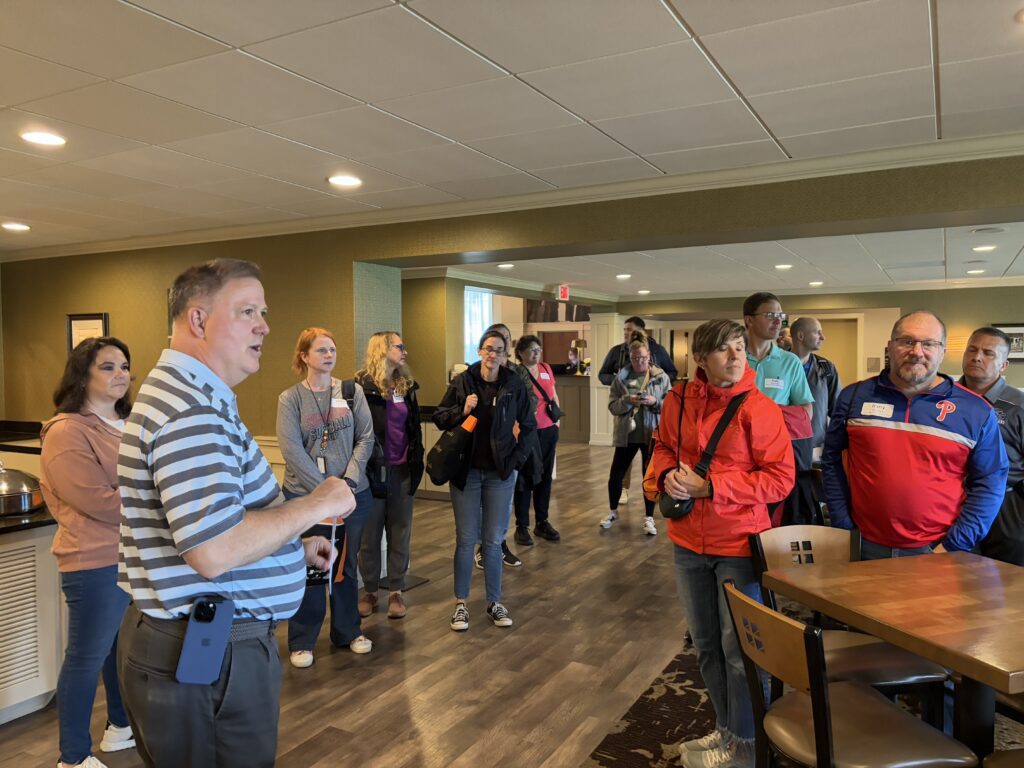
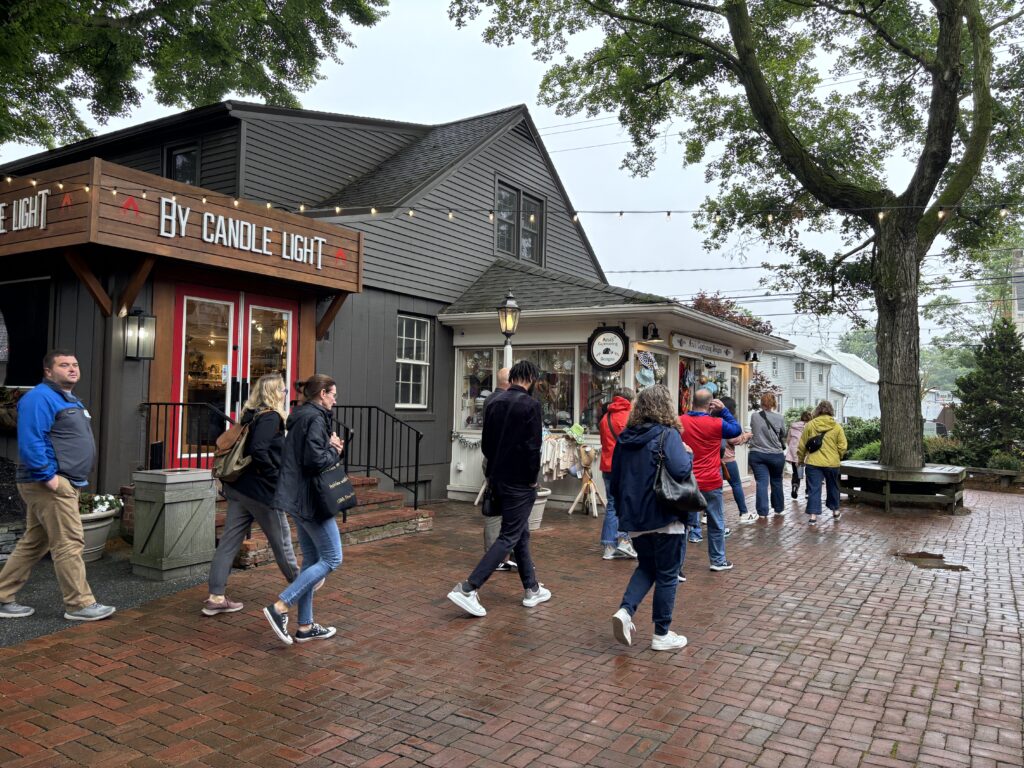
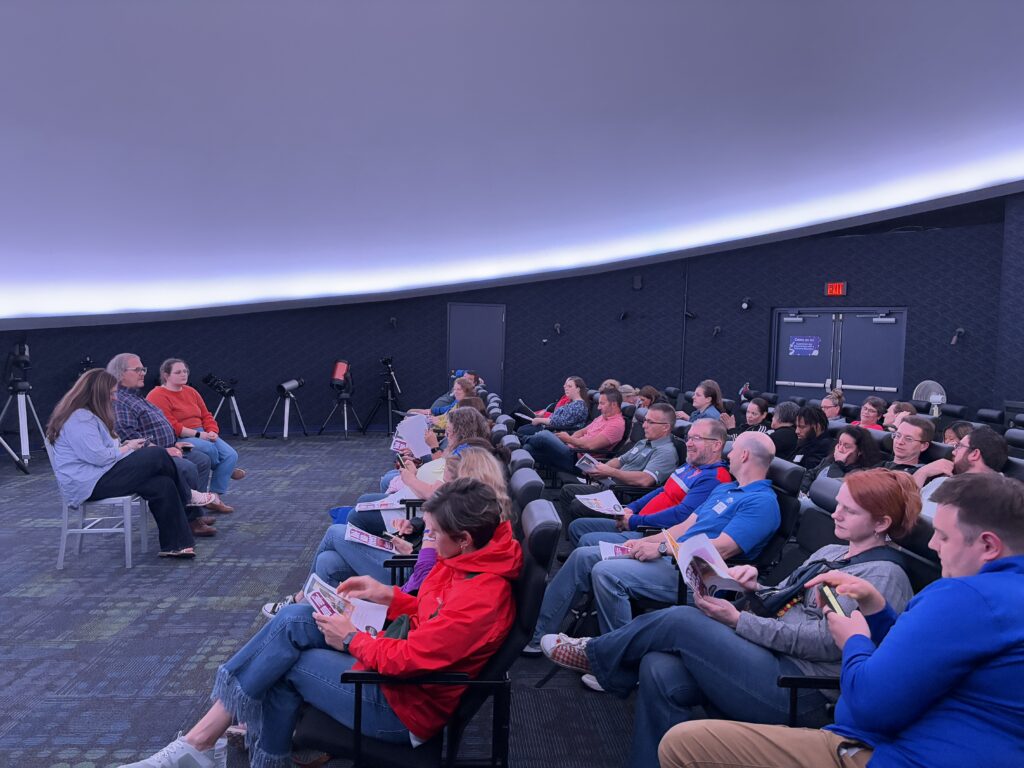
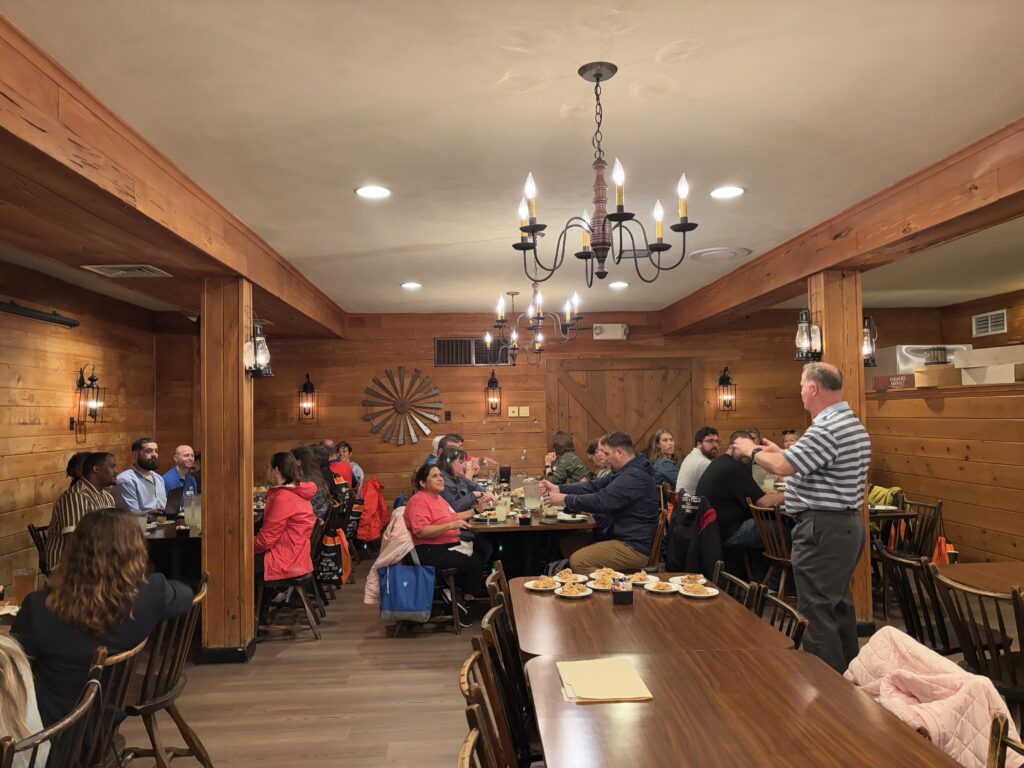
Day 2: Manufacturing
Despite the rain, the educators dove right into the dynamic world of manufacturing on day 2. They explored the innovation, environmental responsibility, and career diversity showcased in the local manufacturing businesses. At Sahd Metal Recycling, Stryten Energy, and PrecisionForm Inc./Precision Cobotics, educators go to see the full spectrum of what manufacturing really is today: high-tech, mission-driven, and full of potential.
The educators were particularly inspired by personal career stories that challenged misconceptions, like that factory work is “just a job” or a last resort. Employees of these businesses shared how they entered manufacturing to support their education or explore other interests and ended up finding lifelong careers in a field that has supported their growth, benefits, and community.
From scrap metal sustainability to advanced robotics, educators saw firsthand the power of STEM education and how it can directly lead to fulfilling careers in modern manufacturing.
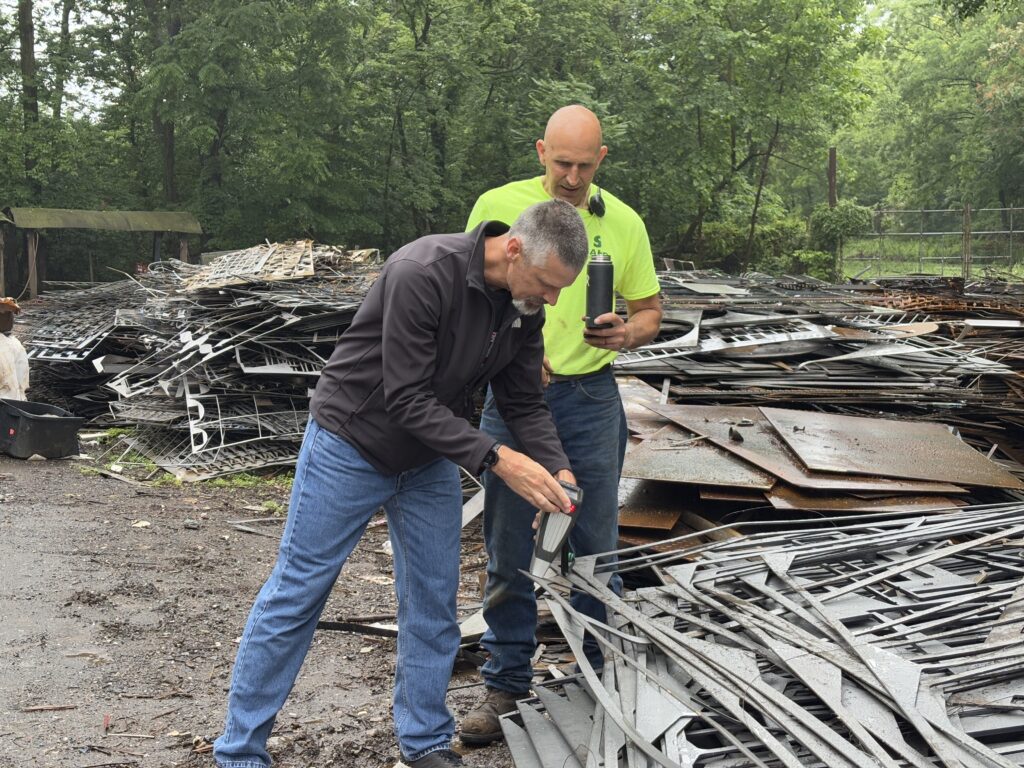
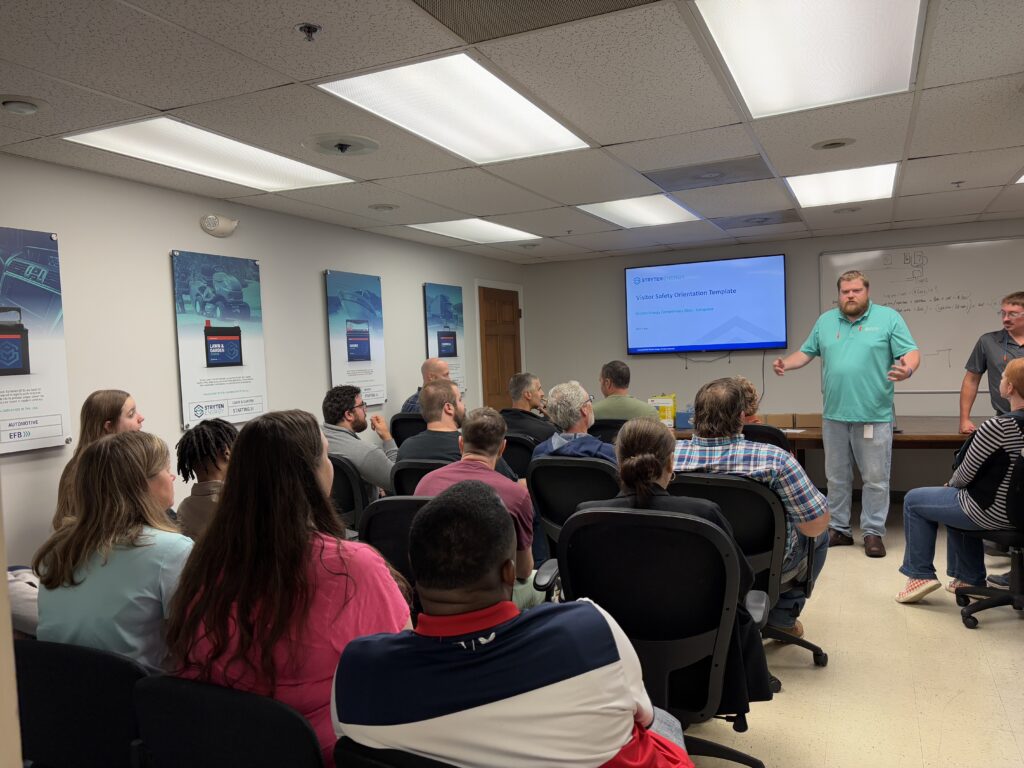
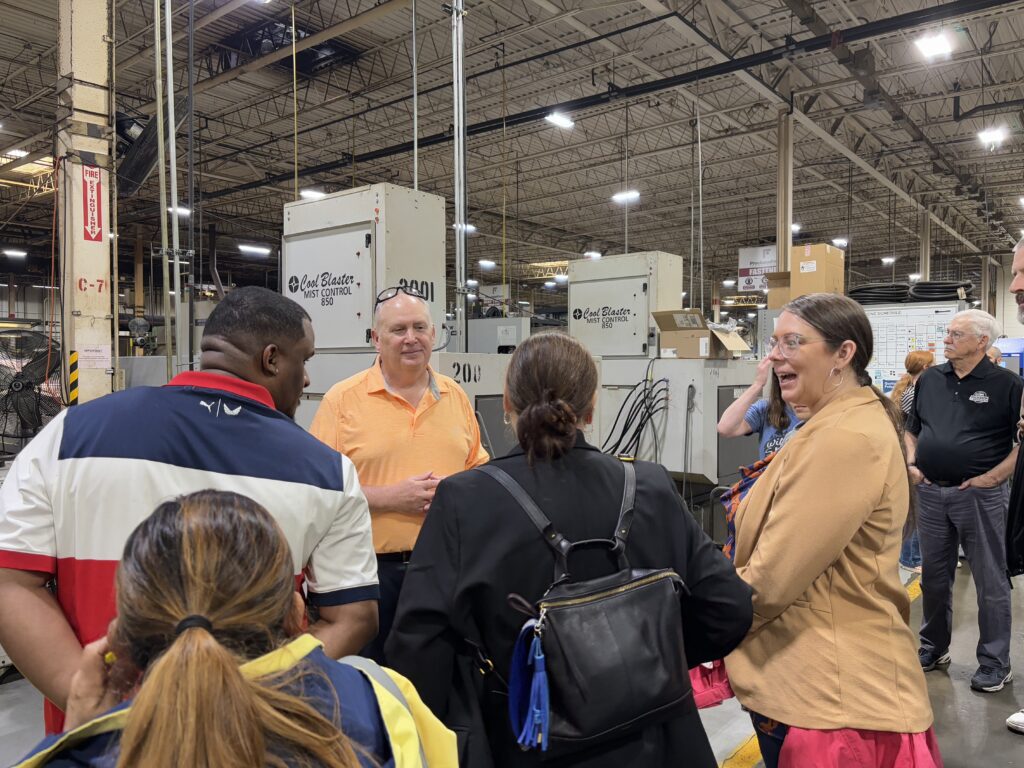
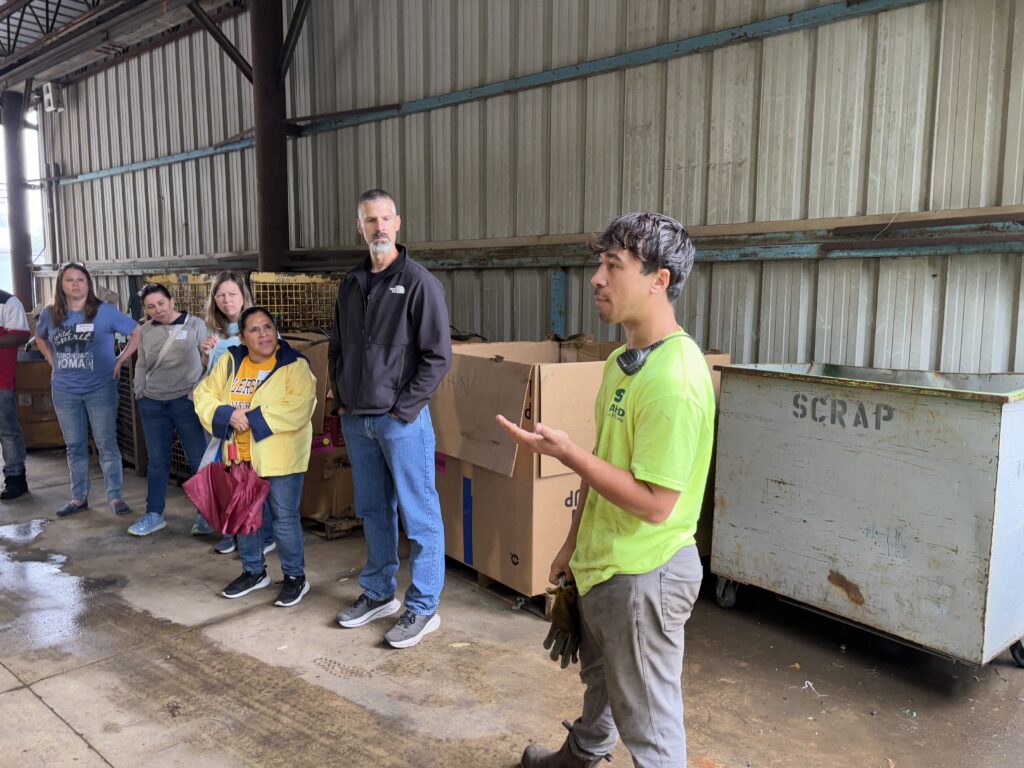
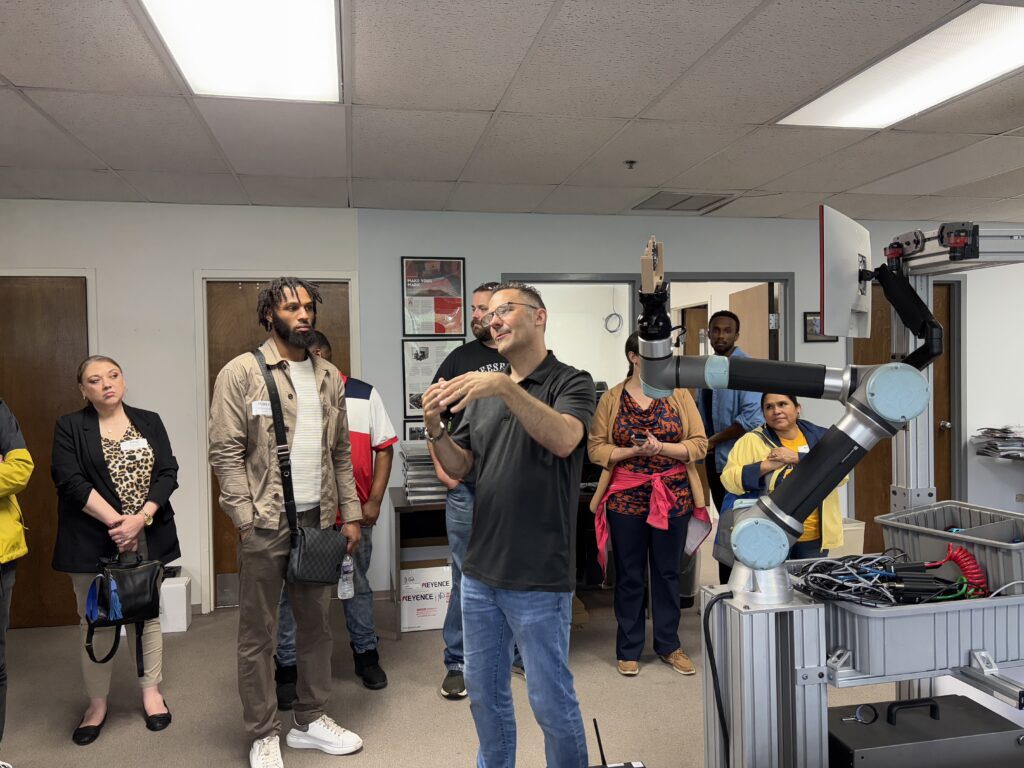
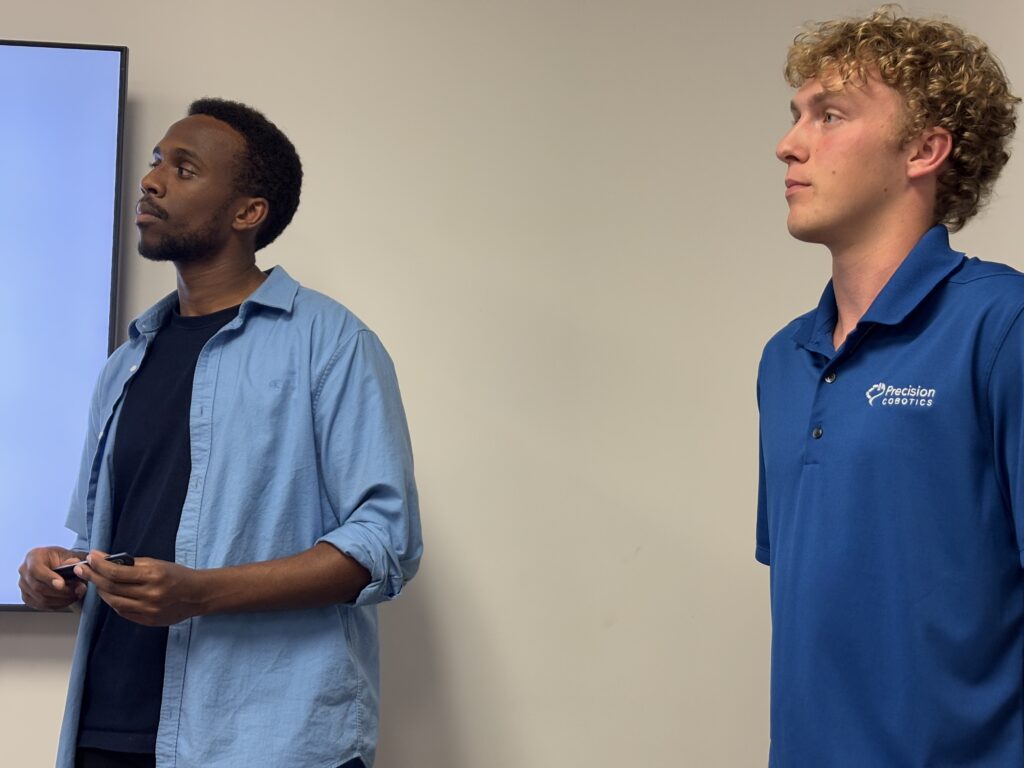
Day 3: Healthcare
On day 3, educators visited Orthopedic Associates of Lancaster, Lancaster EMS, and Garden Spot Village to take a look at the healthcare industry. These visits showed educators the operational and human elements behind the scenes of the healthcare system.
What resonated most was the range of roles that exist beyond traditional clinical work, from administrative leadership to community paramedicine and elder care. The team at Lancaster EMS emphasized mentorship, adaptability, and emotional intelligence, while Garden Spot Village showed that purpose and compassion are as essential as medical expertise.
Educators came away with a broader perspective on healthcare, one that recognizes both the complexity and the humanity of the field outside of technical skill.
By exposing educators to real-world industry environments and a variety of career paths, they become the crucial change for their students to be prepared and successful. These educators will return to their classrooms in the fall with stories, connections, and insight that allow them to guide students with relevance and confidence.
Workforce development is more than just training people for jobs; it’s about building an environment of support, awareness, and opportunity for the future workforce. Thanks to the collaboration between the LCWDB and Lancaster-Lebanon IU13, and the educators are progressively becoming workforce advocates, bridging the gap between education and employment and shaping a stronger, more prepared generation.
